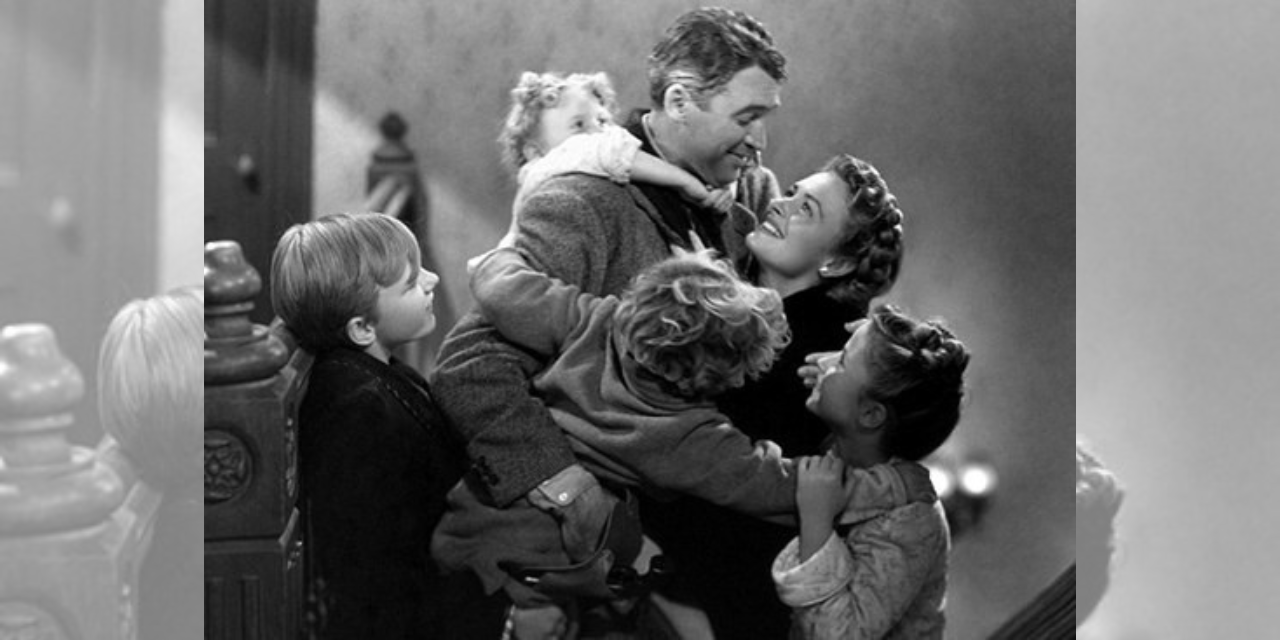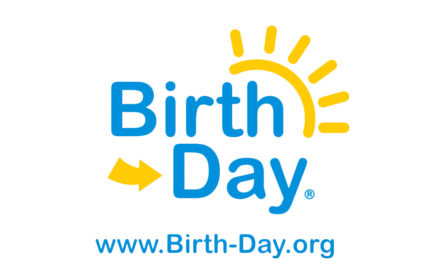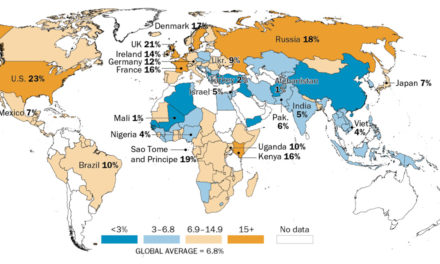At the climax of the classic movie, It’s a Wonderful Life, the main character George Bailey, stands alone on a deserted bridge and contemplates taking his own life. He believes he is isolated and alone. He jumps into the icy waters only to be saved by Clarence, his guardian angel, who shows him how dramatically different his family, and community, would have been without him.
George, who as a young man, desperately wanted to leave what he perceived to be his two-bit small town, Bedford Falls, for the glamour and excitement elsewhere, comes to understand how much his life has blessed those around him. He realizes, even though he had not achieved his dreams of travel and wealth, he is truly a rich man because of the relationships comprising the fabric of day-to-day life. That is the investment that lasts long after we leave this earth.
In his 2002 book, The Marriage Problem, the late James Q. Wilson wrote, “It is not money but the family that is the foundation of public life. As it has become weaker, every structure built upon that foundation has become weaker.”
I could not help but think of those words when I came across a recent survey of parents done by YouGov and commissioned by American Compass.
Those surveyed were asked, “If you had to choose one of the following courses for your child’s life to take by the time, they reach the age of 40, which would you prefer: happily married with children but just getting by financially, or financially well-off but single with no children in the household?”
The responses they received, sadly, reflected the priorities of many Americans in 2022. While 60%, thankfully, chose “happily married with children,” 40% chose “rich, single, and childless.”
But the survey that did not stop there. It also asked, “In thinking about the type of educational program that your children could pursue, which would you prefer: one that offers the best possible career options but was far from home, or one that offers good career options close to home?” 56% said they would prefer their children to choose a good career close to home, compared to 44% choosing a better career away from home.
Is there any wonder then, based on the percentages of those who choose wealth and career over family, why our society has become increasingly fragmented, and people feel more isolated?
A good friend of mine went to a memorial service this past weekend for a man named John who had recently passed away from cancer. The man’s family was so vast that they took up the first eight rows of the church. Several his children and grandchildren came forward to give testimony to this man’s devotion his family, and it was easy to see how tight knit this family was, and the love and respect they had for their patriarch and for each other.
This man was not fabulously wealthy in terms of worldly wealth. He had owned his own insurance agency and had been successful, but in comparison to what the world views as monetary wealth, he was not rich. But he was wealthy in a way that sadly many who have worldly wealth are not. This man had familial wealth and had left a legacy for his children and grandchildren to follow.
My friend started to think about the opposite scenario, of the person who may have spent their life pursuing the “best career” regardless of where it may be, who chose to not marry but live for oneself and to estrange themselves from other family members. What would that person’s memorial service look like? What would others be saying about them?
My friend thought it would be very different. The man whose service he was attending had truly lived the “best life,” not one filled with temporary worldly riches and acclaim, but one that laid a strong familial foundation for not only those there to celebrate his life, but for those generations yet to come.
George Bailey and John – men who ultimately chose family and staying close to home over worldly wealth and dreams – truly lead the “best life.” For those parents who want their children to choose a best career far away from home and see their children rich, but childless, may George and John’s legacies be a lesson that the best life is often one of personal sacrifice, rather than worldly gain. That is the foundation that leads to stronger families and ultimately, a stronger nation, as well.
Timothy S. Goeglein is the vice president of government and external relations at Focus on the Family in Washington DC






